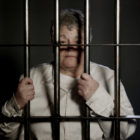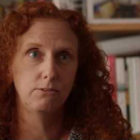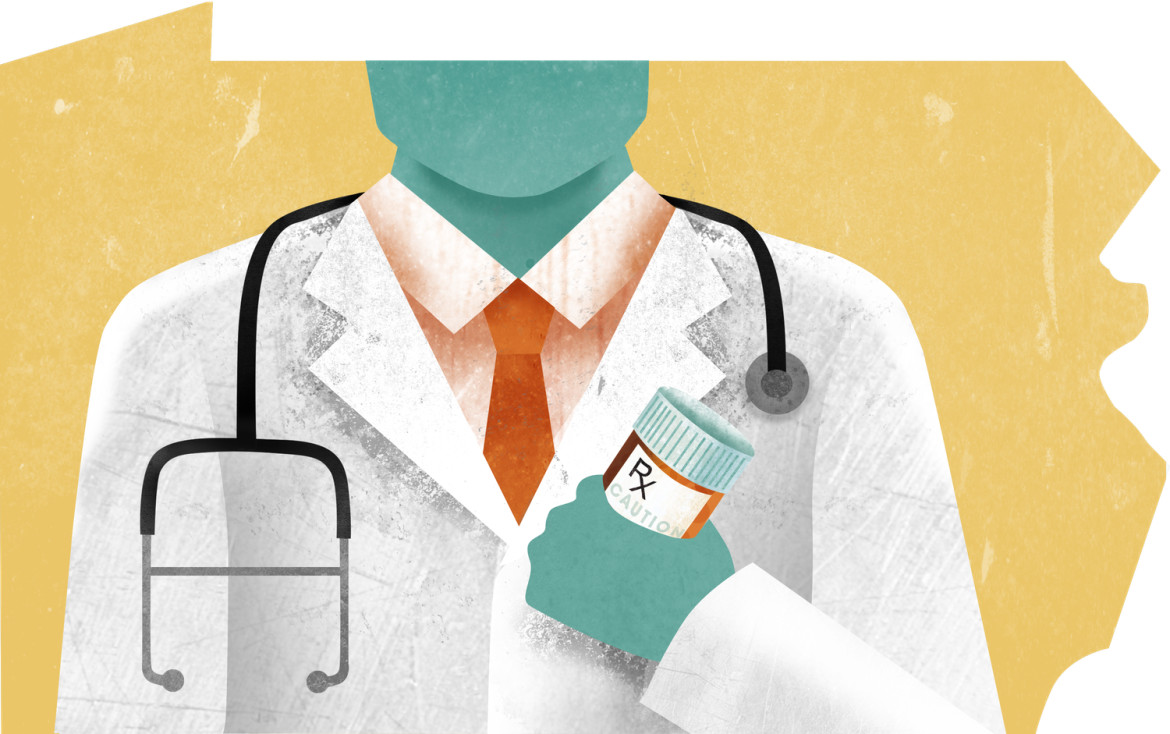
Juvenile cases in 2019 dropped to the lowest level in last 14 years, federal data show
|
Juvenile offenses involving property, drug and public order offenses, combined, declined in 2019 to their lowest levels since 2005, according to recently released National Center on Juvenile Justice data also showing that probation, rather than detention, increasingly was assigned in five categories of juvenile crime.








